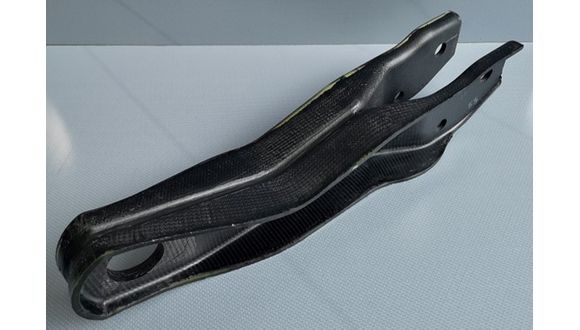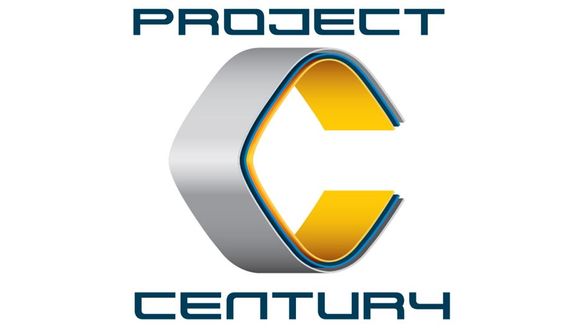Thu, 07 May, 2020
TWI was involved in Project Century to develop a manufacturing process for composite components within the automotive industry.
Weight reduction and higher production rates have been important areas for the automotive industry for many years, but global goals to reduce emissions have made the shift to green modes of transport more vital than ever.
This has led to an uptake of research and development for electric vehicles, with a focus on battery technology improvements to increase range and speed up recharging as well as aims to reduce vehicle mass while maintaining strength and efficiency.
Powertrain improvements have already delivered reductions in CO2 but more work is required to meet government goals to make all new cars and vans ‘zero emission’ by 2040.
The £4.9 million Project Century sought to extend the use of composite materials beyond the niche markets such as Formula racing. This required the creation of a robust supply chain and a manufacturing process to meet industry targets of a 60-second production cycle time to meet the required vehicle production rates of 50,000 per year. The introduction of composite parts aimed to deliver a comparative component weight reduction of around 30% as compared to metallic parts.
Project Century was led by GKN and included input from Far Composites, Hexcel, and the University of Nottingham, all supported by an advisory board composed of automotive industry leaders Jaguar Land Rover, Bentley, Nissan and McLaren.
The TWI-supported National Composites Centre (NCC) took an existing component in order to develop a composite manufacturing process to meet the needs of a lightweight, structural and commercially viable composite alternative at scale. The component that was chosen was a lower control arm connecting the wheel hub to the chassis and weighing 1.5kg.
Following 30 months of work, the NCC team delivered a composite control arm that was 20% lighter than the metal equivalent. The manufacturing process used the dynamic fluid compression moulding process to meet a manufacturing time of under 60 seconds, as required.
The NCC provided support to GKN in developing and extending their composites design, analysis and costing toolkit, showing that we could take an existing component and redesign it for composites and take it through to manufacturing production.
Project Century ran from September 2016 through to August 2019 and was funded by Innovate UK with additional funding from the industry partners.

